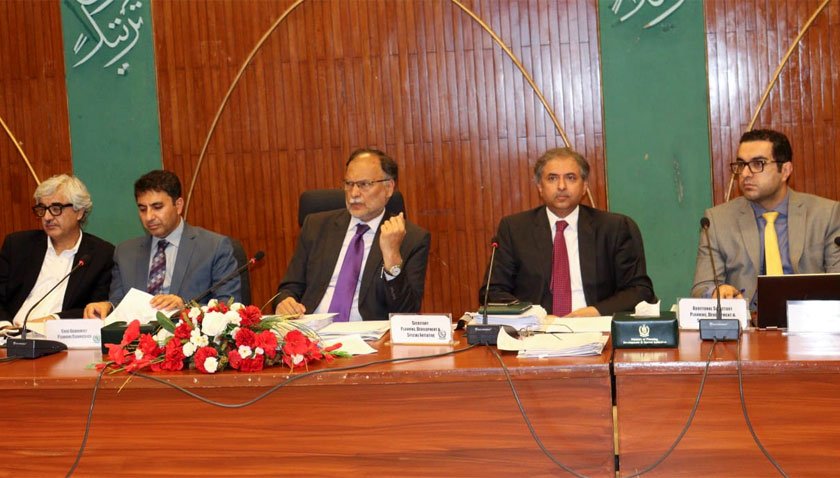The need for implementing the most recent methods and technology in the agriculture sector to strengthen the nation’s economy was emphasised by the minister of planning.

The minister of planning, development, and special initiatives on Friday emphasised the importance of increased crop production while presiding over a meeting on the government’s major initiative “Agricultural Revolution 2.0,” saying that a revolution in this industry was required to meet future challenges.
The need for implementing the most recent methods and technology in the agriculture sector to strengthen the nation’s economy was emphasised by the minister of planning, development, and special initiatives on Friday.
He said, “Agriculture is the backbone of the national economy”. He said prompt measures were being taken to prevent the agriculture sector from the negative impacts of climate change, besides promoting research and introducing modern tech for better production.
The minister claimed that the nation had enormous potential to advance in the agricultural industry. He added that there are promising prospects for selling livestock and agricultural products to China and other Middle Eastern nations. He continued, “New initiatives for Agricultural Revolution 2.0 are being started to advance science and contemporary technology.”
He claimed that the initiative called for the government to become self-sufficient in the agricultural sector. “We need the agricultural sector to produce exports worth billions of dollars.” He added that Pakistan was currently importing agricultural products worth $10 billion yearly.
Crop production is a common agricultural practice followed by worldwide farmers to grow and produce crops to use as food and fibre. This practice includes all the feed sources that are required to maintain and produce crops.
The way modern farms and agricultural operations operate differs greatly from how they did a few decades ago, largely due to technological advancements in the form of sensors, machines, devices, and information technology.
Robots, temperature and moisture sensors, aerial images, and GPS technology are all frequently used in modern agriculture. Businesses can become more successful, efficient, safe, and environmentally friendly thanks to these cutting-edge equipment, robotic systems, and precision agriculture techniques.